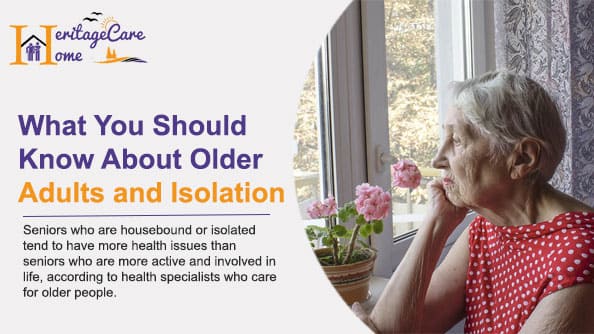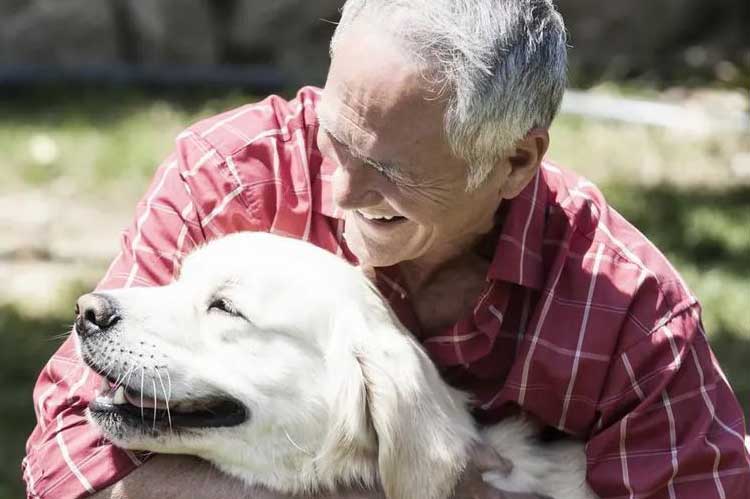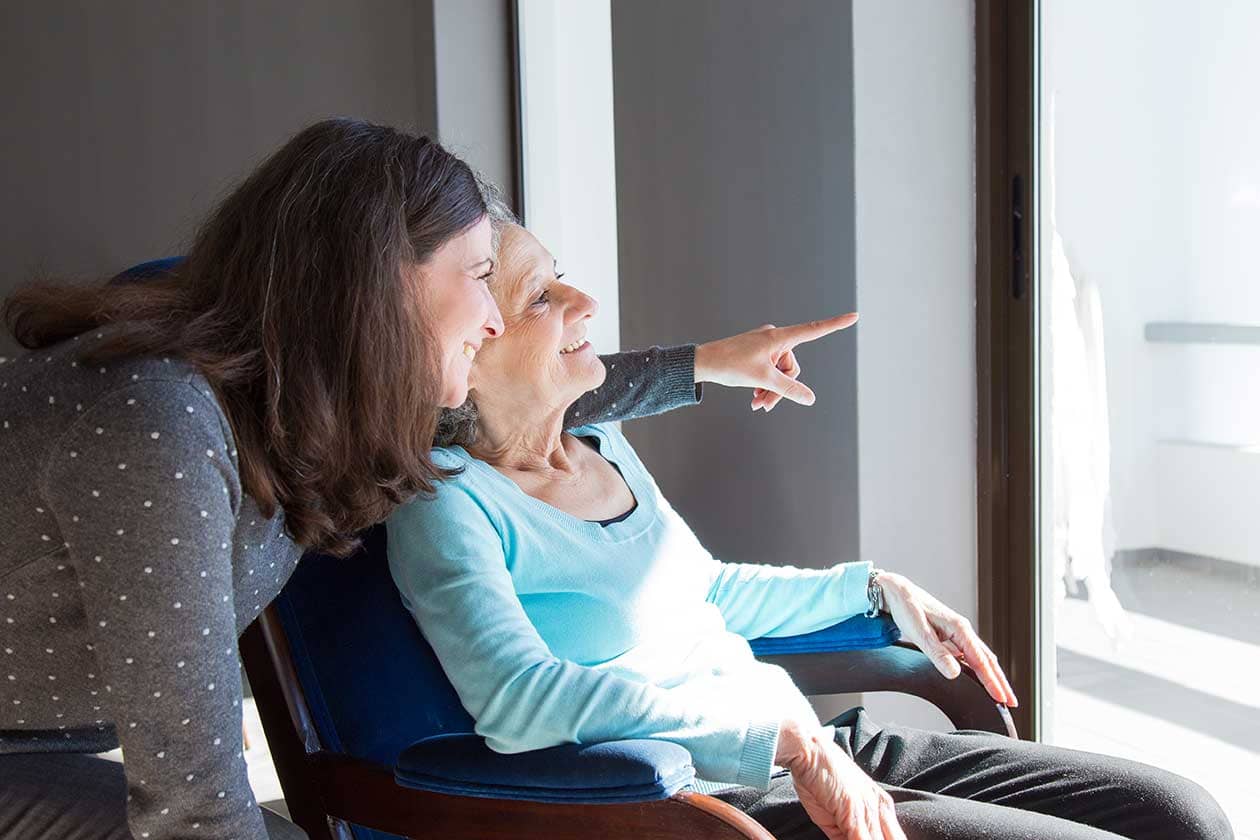Top tips for an enjoyable senior travel
- Admin |
- June 27, 2023
Travel requirements and preferences can change significantly as we age, regardless of whether you are a seasoned globetrotter or...
Read more
Seniors who are housebound or isolated tend to have more health issues than seniors who are more active and involved in life, according to health specialists who care for older people.


Seniors who are housebound or isolated tend to have more health issues than seniors who are more active and involved in life, according to health specialists who care for older people.
And they weren't only noticing depression. Diabetes and heart disease were among the illnesses that tended to affect lonely older people more frequently. It inspired scholars to dig deeper into the problem.
They were all astounded by what they discovered. The truth is that loneliness is now widely believed to be a serious threat to senior citizens' health.
There are several reasons why the elderly sequester themselves. The most typical examples are:
Older people frequently experience anxiety when chronic health issues make getting around more difficult. They like to stay close to home since they are afraid of falling.
Access to transit may be restricted for seniors once they hang up their keys and stop driving. This is especially true for senior citizens who reside in more remote areas without access to public transit.
The reduction of their social network is another frequent cause of isolation among older people. In order to explore new professional prospects, children relocate. Friends move to a new location to be closer to their own kids. And older family members might have passed away. The elderly person might feel lost and alone as a result.
Research has now established that isolation causes a number of issues, such as:
Seniors who are lonely are more likely to fall for fraud, including false sweepstakes and home repair scams.
What can adult children and family caregivers do to avoid an elderly relative's isolation?

Travel requirements and preferences can change significantly as we age, regardless of whether you are a seasoned globetrotter or...
Read more
Dogs are excellent elderly companions. Dogs are a delight to share a house with because of their amusing, devoted, and adorable personalities...
Read more
Any age can find dating intimidating, but older adults in particular. The majority of people only date once...
Read more
Aging is a universal truth; everybody who has been born will grow older. However, seeing your loved ones grow older and weaker is hard...
Read more
Memory holds real significance in everyone’s life. It is a representation of our past experiences with happy, sad, or mixed emotions...
Read moreFEEL THE PLEASURE OF BEING CAREFREE